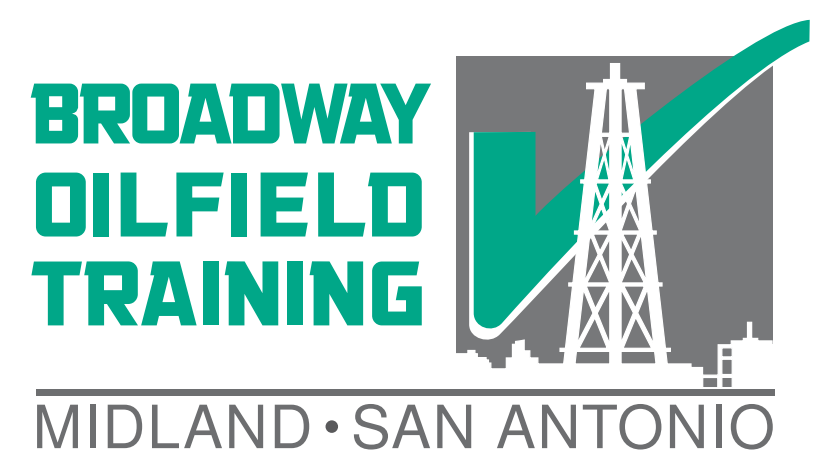What kind of Permian Basin oilfield workers need fit tests?
Many oil and gas workers in the Permian Basin need different kinds of fit tests and for different reasons. According to OSHA, any worker who is required to use a respirator must also meet the requirements specified in 29 CFR 1910.134 for their respiratory protection program—including fit testing. Workers must wear respirators to protect themselves from hazardous atmospheres which may include dusts, chemicals, or gasses. Depending on where the worker is working there may be a different type of respirator hazard and a different type of respiratory protection required.
Rig workers in the Permian Basin may be exposed to airborne dusts, chemicals, and gasses during the oilwell drilling process. A quick note, however, that flammable gasses such as methane have no appropriate respiratory protection because the risk of a fire or explosion is too severe. In the presence of flammable gasses all workers must evacuate until the gas is cleared.
On the rig we are certainly concerned about methane releases from the well, but we are also concerned about the potential for hydrogen sulfide along with the natural gas. In the gas of H2S gas, continuous stationary and personal monitoring is required at all times. If the gas is encountered then workers must evacuate and not work in the H2S without using a supplied air respirator (SAR). An SAR uses a full face respirator such as a Scott AV3000 connected to a portable air tank with a regulator. Fit testing these respirators can either be done qualitatively or quantitatively with the proper adaptor.
When working around the mud or cement mixers we are also concerned that there could be the presence of a respirable dust. These dusts can range from mild irritants to chemicals that cause cancer and lung damage like silicosis. Some airborne dusts may be reduced to a low enough level by using a half facepiece respirator using filter cartridges. The filter cartridges typically should have a P100 rating and can usually be fit tested most easily via qualitative methods or with a quantitative method with an adaptor.
Anyone who works around frac sand should be judicious about always protecting themselves from airborne dusts. The use of agitated sand on the frac site poses the risk of encountering respirable silica. This substance can cause severe and long lasting lung damage. Just because you can’t see the dust does not mean it’s not there. In fact, the opposite is often true in the case of respirable silica. When particles stay small they are more difficult to see but also easier to pull deep into the lungs and causing more damage. The half facepiece respirator with P100 filters is usually required to protect against respirable silica, so long as the amount of dust in the air is within limits.
If you are a worker that needs fit testing in Midland/Odessa then schedule today!
We also have H2S Training available!
